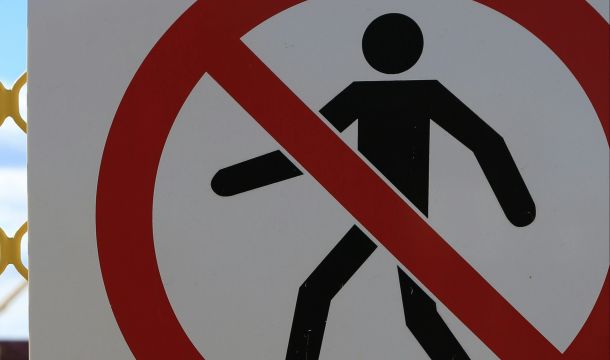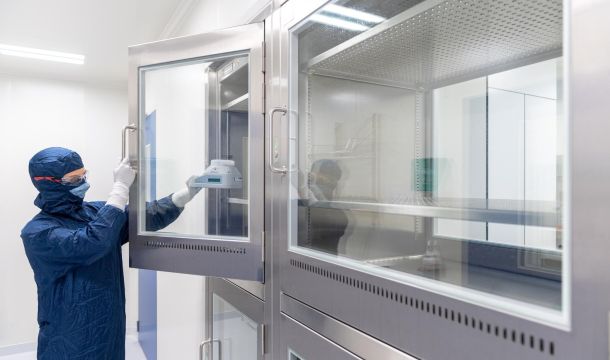What You Should Know about Recent EEOC Covid-19 Guidance
On July 12, 2022, the EEOC announced new guidance concerning COVID-19. The most important change is that the prior guidance stated that conducting mandatory work site COVID-19 testing always met the Americans' with Disabilities Act (ADA) standard that any mandatory medical test be "job-related and consistent with business necessity." The new guidance states that COVID-19 workplace testing is no longer automatically compliant with this ADA standard. Instead, employers will now need to assess whether testing is job-related and consistent with business necessity based on current pandemic and individual workplace circumstances. The EEOC identified "possible considerations" employers may use when making this assessment:
- The level of community transmission;
- Vaccination data;
- Information regarding variants;
- The speed and accuracy of testing;
- Types of contacts between employees and others in the workplace (such as whether vulnerable populations are involved); and
- The potential impact on operations if an employee enters the workplace with COVID-19.
Notwithstanding the EEOC's new guidelines surrounding COVID-19 testing, the EEOC reiterates that employers may continue screening employees who are physically entering a work site with regard to COVID-19 symptoms or diagnoses, but should not screen employees who are working remotely or not physically interacting with coworkers or others. In addition, the EEOC clarifies that employers may screen job applicants for COVID-19 symptoms after making a conditional job offer, as long as it does so for all employees entering the same type of job. Further, employers may require employees to provide a doctor's note clearing them to return to work after having COVID-19. Employers may also rely on other alternatives to determine whether it is safe for an employee to return to work (e.g., following current Centers for Disease Control (CDC) guidance).
In general, the EEOC guidance did not change regarding other COVID-19 issues. For example, if an employer wants to ask an individual employee (as opposed to general screening methods applied to all employees) questions regarding symptoms associated with COVID-19 or request the individual to undergo a temperature screening or testing, the employer must have a reasonable belief based on objective evidence that the individual may have COVID-19.
This article is part of our September 2022 Newsletter.
View newsletter online
Download the newsletter as a PDF
Related Content
Get Email Updates

TPS Update (as of 9/3/2025)

DOL To Shut Down OFCCP and Transfer Duties to EEOC

Meaning of Supreme Court Ruling Limiting Nationwide Injunctions in Birthright Case

In Spite of Adminstration Changes, Monitoring of the Workplace Continues to Create Legal Issues

The Importance of Corporate Culture



